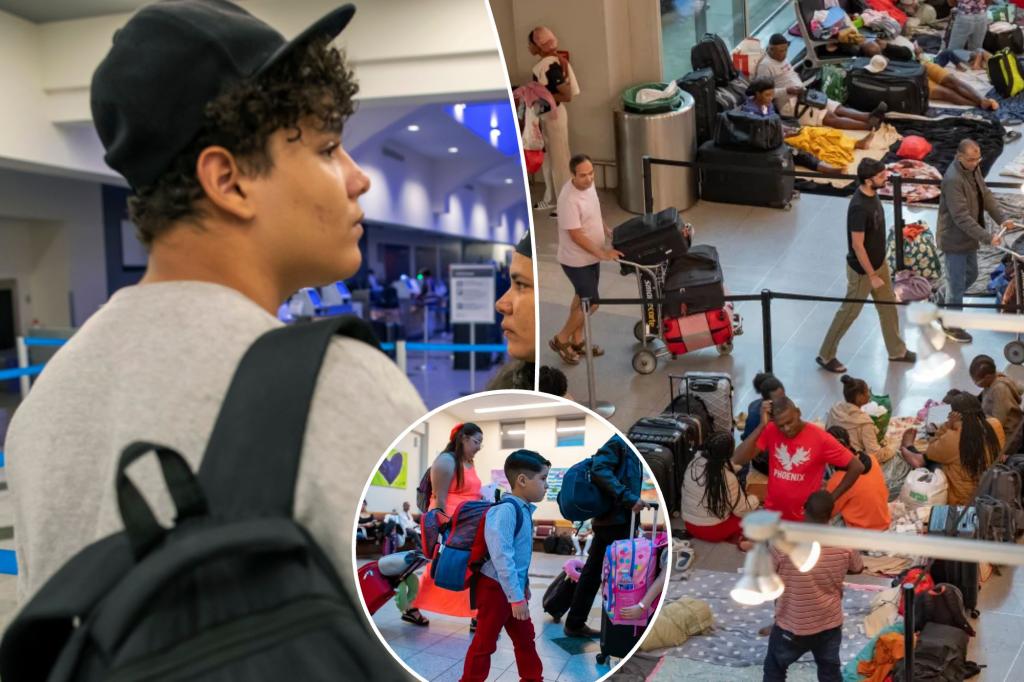US Citizenship and Immigration Services announced that more than 500,000 migrants from Cuba, Haiti, Nicaragua, and Venezuela will not be allowed to extend their temporary legal status granted by the Harris-Biden administration. These migrants under the mass parole program have been allowed to receive work permits and authorization to stay in the US for two years. However, they will now have to either self-deport or enroll in another federal program offering legal status as their parole expires.
The change in policy stems from the fact that the initial grant of parole was only temporary for two years, with the intention of allowing individuals to seek relief or other immigration benefits for which they may be eligible, as well as work and contribute to the United States. Migrants who do not have pending immigration benefits or have not been granted an immigration benefit during their two-year parole period will need to leave the US before the expiration of their authorized parole period or may face removal proceedings.
Despite the end of parole extensions for CHNV migrants, the parole program will continue to accept new applications for temporary legal status. However, the program was previously halted for about a month after an internal review discovered widespread fraud among sponsors for the migrants, including the use of fake social security numbers and duplicate addresses. The USCIS review found thousands of applications sharing the same IP address and using the same physical address for thousands of parole applications.
There are doubts from the House Homeland Security Committee about the Harris-Biden administration’s commitment to enforcing the removal of CHNV migrants who remain in the country after their parole expires. The committee believes that many migrants may apply for asylum, Temporary Protected Status, or simply not be priorities for removal due to low enforcement rates under the current administration. The committee notes that the Non-Detained Docket has doubled in size since the Trump administration, with 1.6 million migrants waiting for approval to enter the US via the parole program as of October 2023.


